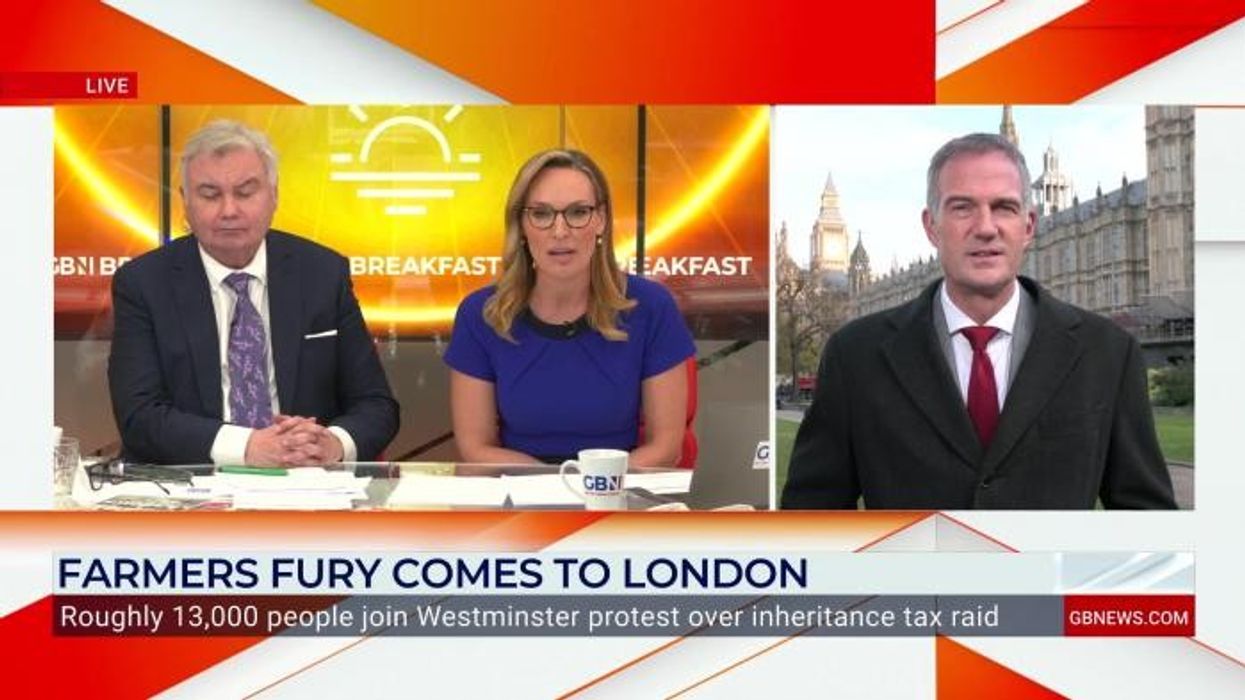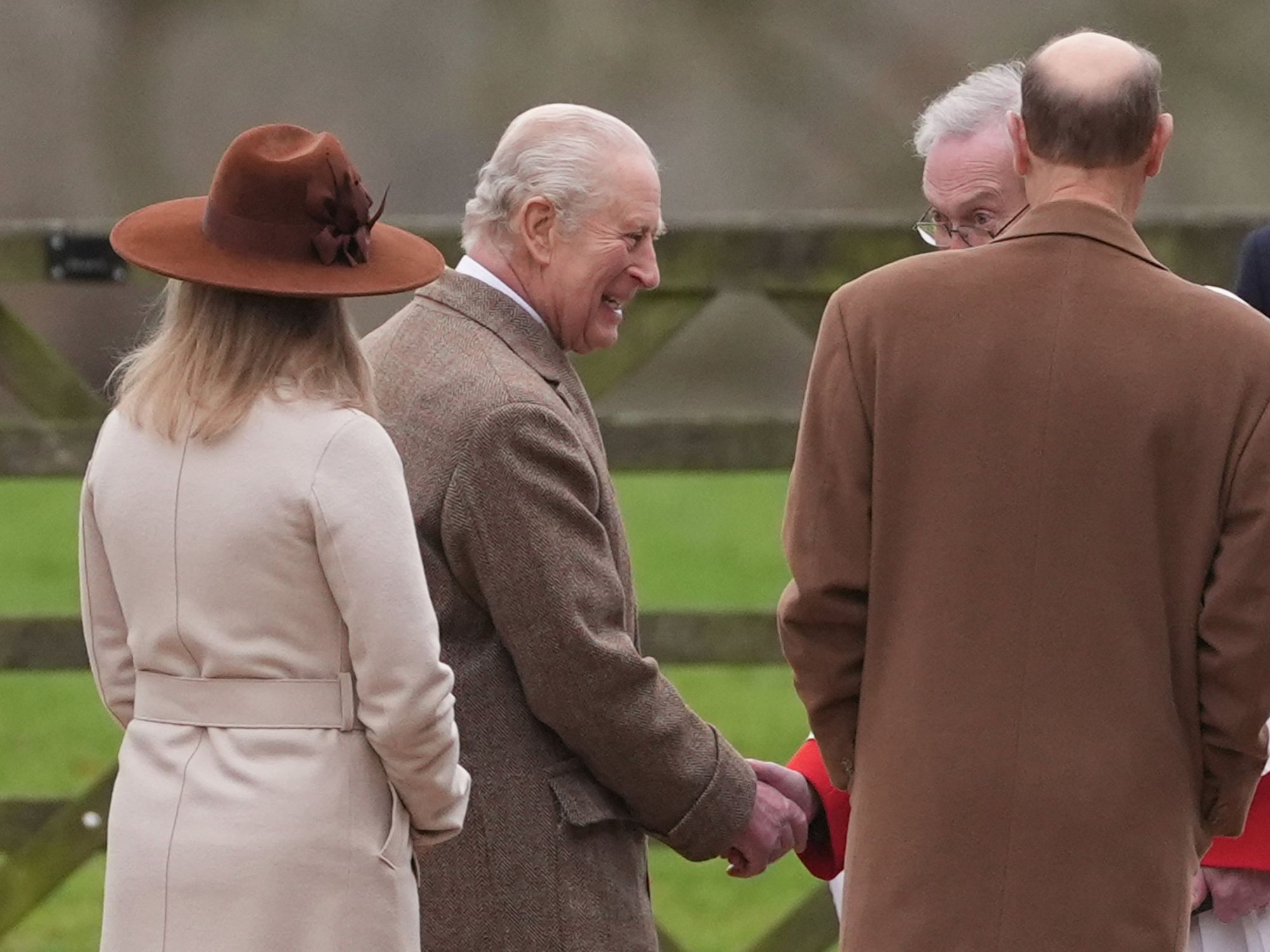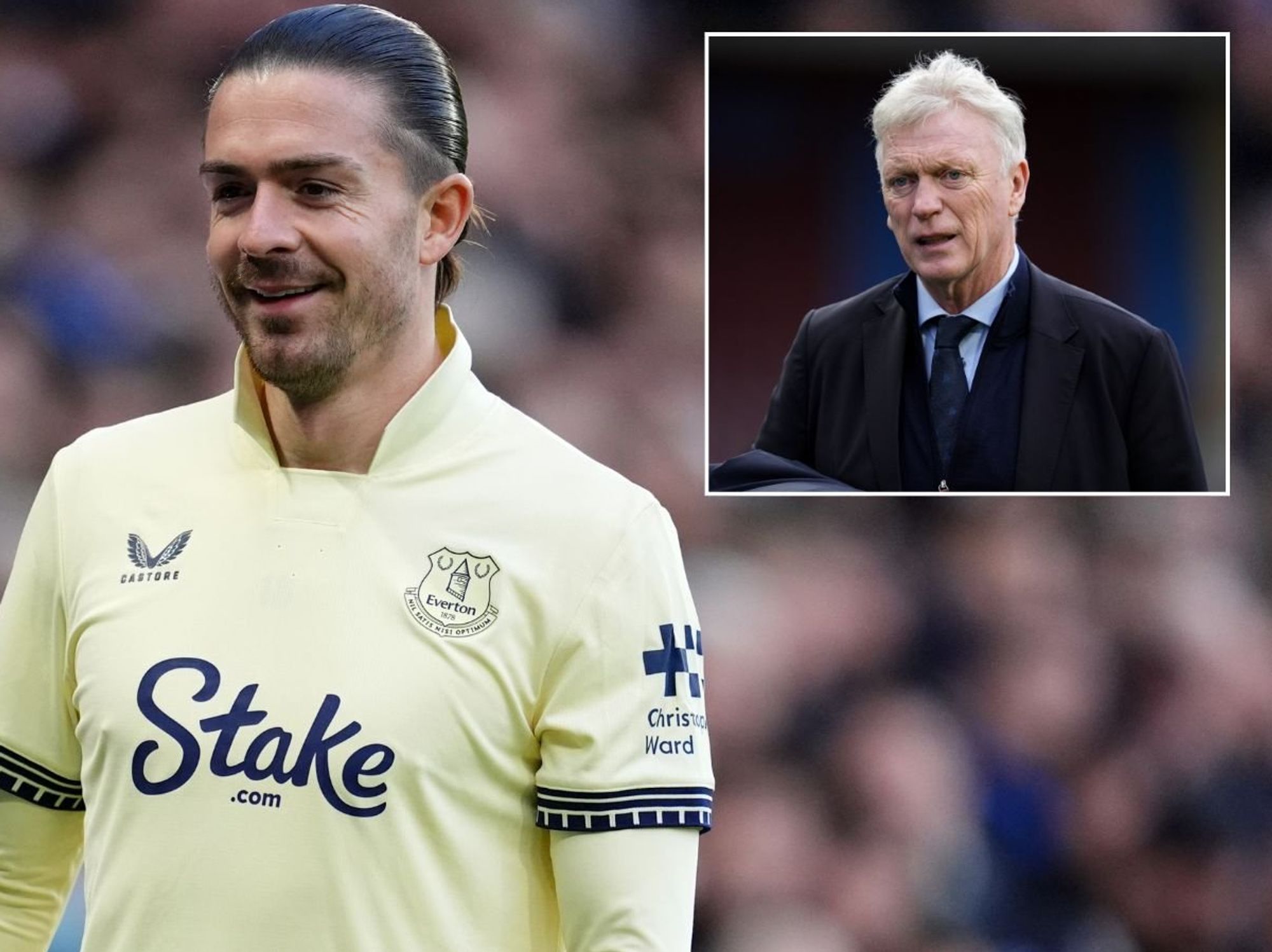Greggs and Pret A Manger raise prices as global coffee costs surge by 80%

Consumers are likely to be paying more for their morning coffee, new research has found
Don't Miss
Most Read
Latest
Coffee prices have hit their highest level in nearly five decades, with the impact now being felt across UK high street chains. The price of Arabica beans, which account for most global production, has topped $3.45 a pound this week, having surged more than 80 per cent this year.
The dramatic increase is already affecting British consumers, with high street coffee shops implementing significant price hikes. Major coffee retailers are now warning of further price increases in early 2025, as they struggle to absorb the rising cost of living.
At an event for investors in November, Nestlé executive David Rennie acknowledged the industry faces "tough times", stating: "We are not immune to the price of coffee, far from it."
The cost of a restaurant cup of coffee in the UK now averages £3.24 amid the country's inflation woes, according to the Office for National Statistics, rising five per cent over the past year.
Among high street chains, Pret A Manger has implemented the steepest price increases, with their cappuccino now costing £4.05 for customers without a monthly subscription.
This represents a dramatic 65 per cent increase from 2019, when the same drink cost just £2.45. In contrast, Greggs has maintained more modest pricing, with a large cappuccino currently priced at £3, up from £2.20 in 2019.
Do you have a money story you’d like to share? Get in touch by emailing money@gbnews.uk.
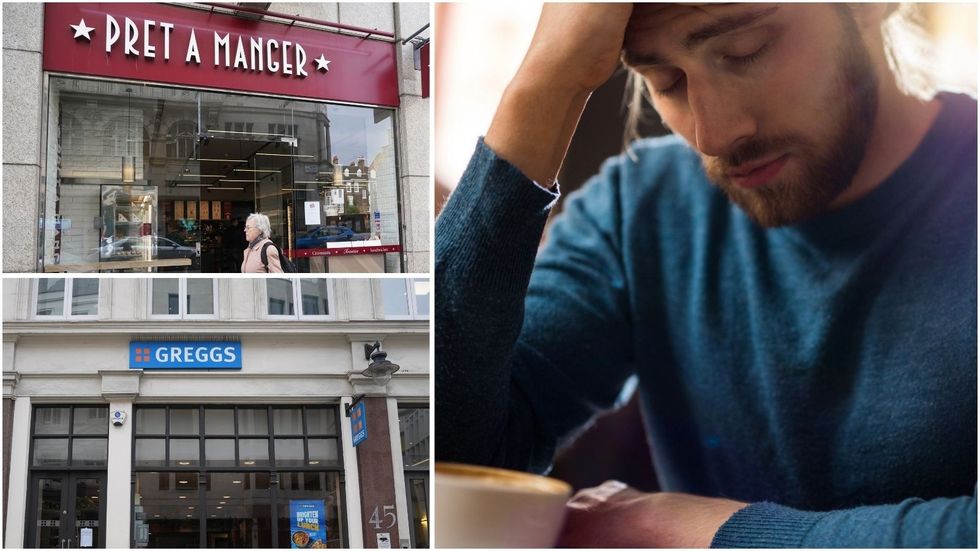
Coffee prices have surged by 80 per cent with UK brands raising prices significantly since 2019
|GETTY / PA
The price gap is similarly evident in americano offerings, with Pret charging £3.60 compared to Greggs' £2.50. Pret has made some concessions, recently reducing its filter coffee price to 99p.
The stark difference in pricing strategies comes as coffee shops across the UK grapple with rising commodity costs, though some chains appear to be passing on more of these increases to customers than others.
The record prices come as major coffee-producing nations face severe weather challenges. Brazil experienced its worst drought in 70 years during August and September, followed by heavy rains in October.
"Concerns over the 2025 crop in Brazil are the main driver," said Ole Hansen, head of commodity strategy at Saxo Bank.
Vietnam, the largest producer of robusta beans, has also been hit by both drought and heavy rainfall during crucial growing periods.
The situation is compounded by growing global demand, with coffee being the world's second most traded commodity after crude oil.
"Demand for the commodity remains high, while inventories held by producers and roasters are reported to be at low levels," explained Fernanda Okada, a coffee pricing analyst at S&P Global Commodity Insights.
She added: "The upward trend in coffee prices is expected to persist for some time."
Across the UK high street, coffee prices show significant variation despite the industry-wide pressure from rising costs.
Wetherspoons currently offers the cheapest cappuccino at £1.56, standing in stark contrast to premium chains.
LATEST DEVELOPMENTS:
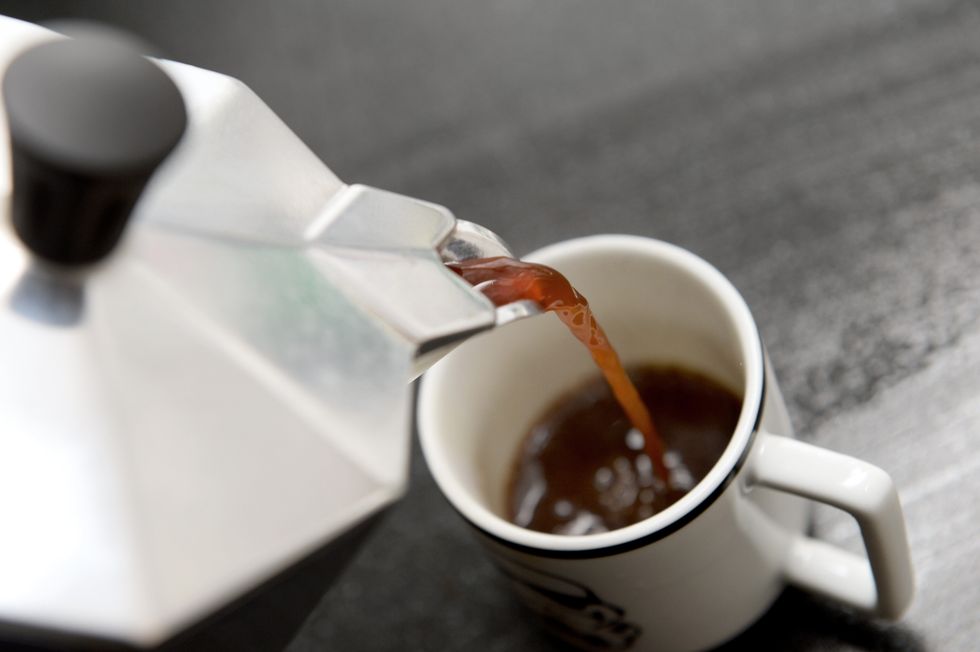
Analysts cite that coffee is the world's second largest commodity, behind crude oil
| PAThe impact is also being felt in home coffee consumption, with supermarket prices climbing steadily.
Data from The Grocer's Key Value Items tracker shows Nescafe Original Instant Coffee prices have increased 15 per cent compared to last year.
This rise in retail coffee prices is outpacing general inflation, with the ONS reporting coffee price increases at more than double the official inflation rate.
Industry experts suggest these price trends are likely to continue, with major brands considering further increases in supermarkets during the first quarter of 2025


